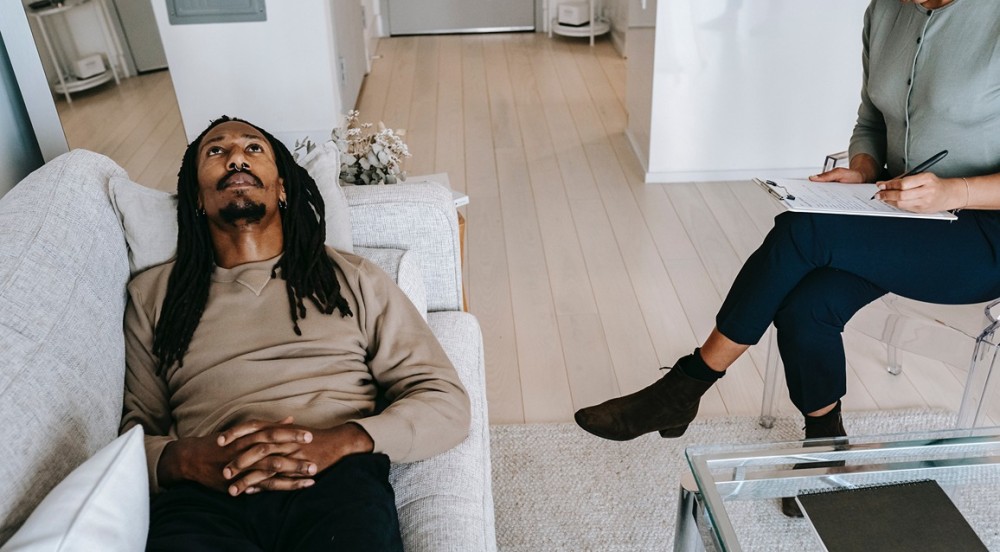May is Mental Health Awareness Month. We’ll be chatting with several professionals throughout the month, who will offer their expert advice and tips as we push for healthier minds.
Mental health has long been considered a taboo topic in Black communities, with many stigmas and preconceived notions surrounding the idea of seeking help in this area. Doing so has been viewed as a “weakness”, and people have chosen to suffer in silence rather than seek help out of shame and embarrassment that something might be “wrong” with them.
According to Dr. Kendra Outler, founder of Uzima Health & Wellness, this reluctance to seek professional treatment has deep-rooted origins in the racism that has existed in every aspect of society, including healthcare.
“The mistreatment, nonconsensual research/experimentation, and dehumanization by white physicians of African-Americans has created lasting distrust, fear, and paranoia that runs through families today,” explains Dr. Outler. “Mental health involves the operation of one’s mind, the context of one’s existence, and fixed cultural beliefs that must also be addressed when treating someone.”
She encourages people to prioritize healthy minds by initiating conversations with their health practitioners to access mental health support. Dr. Outler also recommends seeking support through hotlines like SAMHSA: 800-662-HELP, and the National Mental Health Hotline: 866-903-3787.
“It is very important to make sure everyone knows that there is immediate care and help available where you can pick up the phone and get direct access to a trained mental health expert and say, ‘I need help’ or ‘I feel like harming myself’ or ‘My mind is racing.’”
"Parents, if you have young adults showing signs of changes in mood or behavior, do not be afraid to ask them, ‘Do you need to talk with someone?’ I would encourage individuals to educate themselves on the signs of a person having a mental health crisis and, if they see that, encourage the person to seek help or offer to take them to the nearest emergency room for an evaluation," she adds.
Below, the Uzima Health & Wellness founder offers the following tips to the Black community for looking after the mental health of ourselves, our families, and our friends.
Make it a priority
Given the structural racism that created a mistrust of medicine and an inability to get comprehensive care once inside a care facility, Black communities need more advocacy.
“From our children, whose education was severely affected due to the pandemic, to our older community members who felt so vulnerable and alone, we need a doubling down, if you will, on attention to care in our communities,” says Dr. Outler. “Dr. David Satcher, a Black American physician and the 16th Surgeon General of the United States, made mental health his number-one priority. He issued the first Surgeon General’s Report on mental health and called mental illness a critical public health problem that must be addressed by the nation. This was back in 2000.”
Talk to those you are closest to
“Ask your loved ones, ‘Are you okay?’ Create a space for them to be heard without judgment. And be willing to help if necessary.”
Education is key
“Be ready to give a solution, such as a referral to a nearby facility or finding an 800-number,” she advises. “Some jobs offer employees free confidential counseling. Understand that sometimes a person having a mental health crisis may not have the words to say what is happening to them if their mind is racing with thoughts or anxiety is high. But if we can all become more aware of what mental health looks like and that it is treatable, then collectively we can improve mental health for all of us.”













